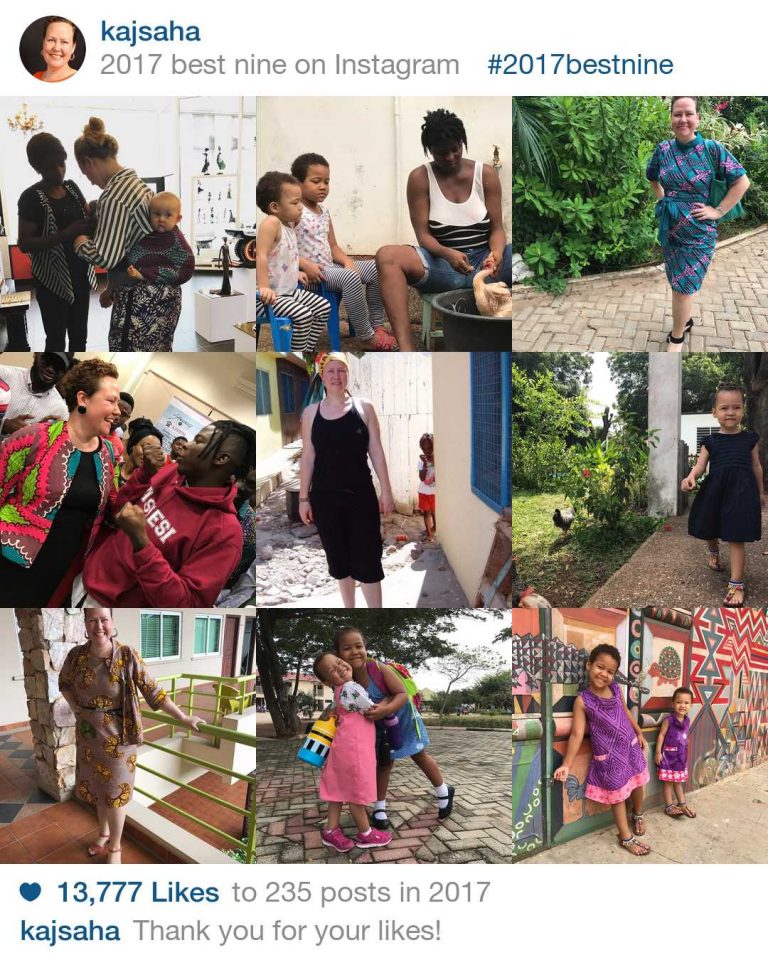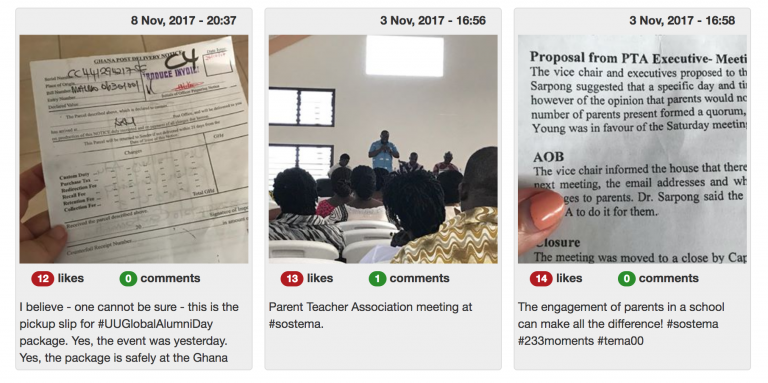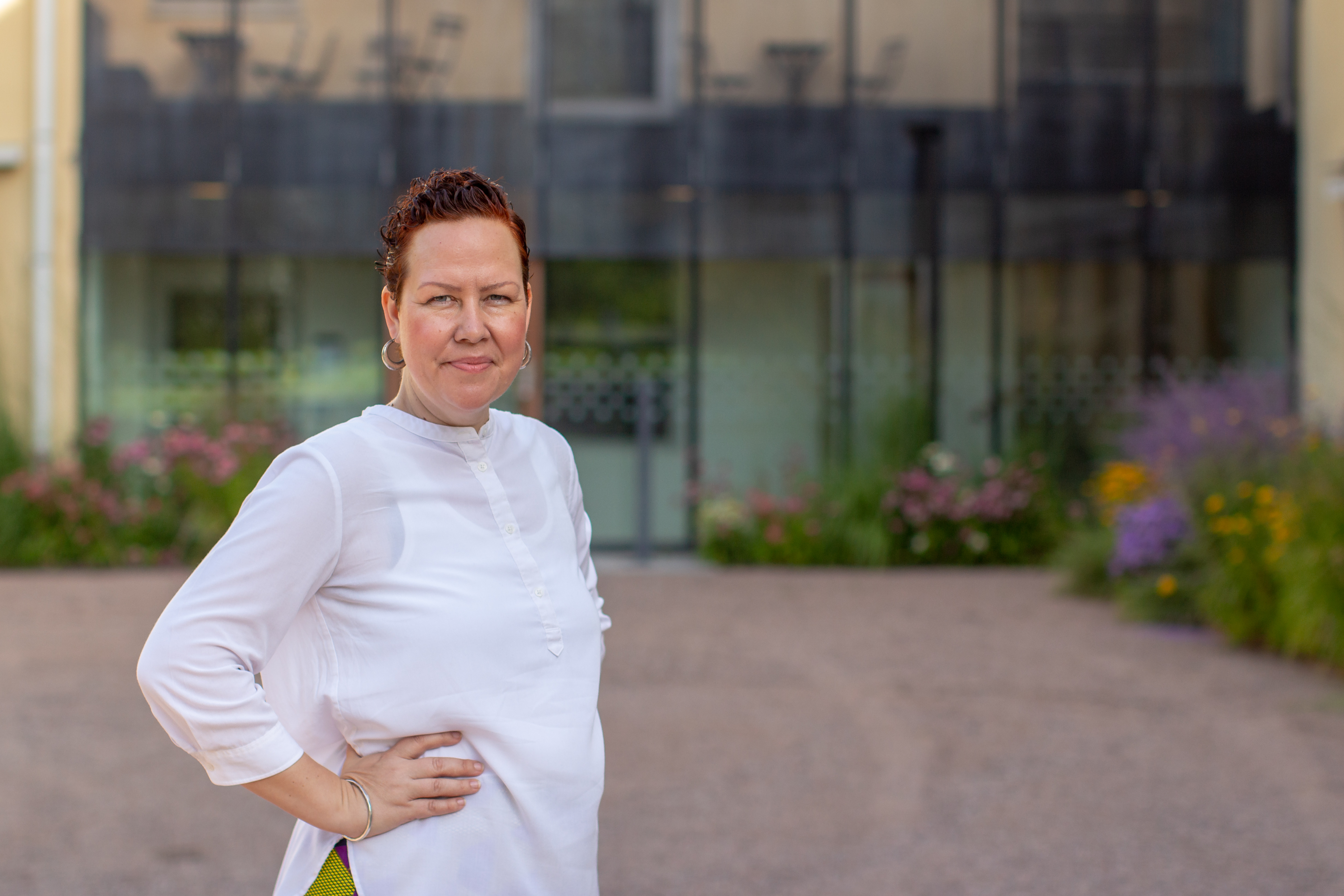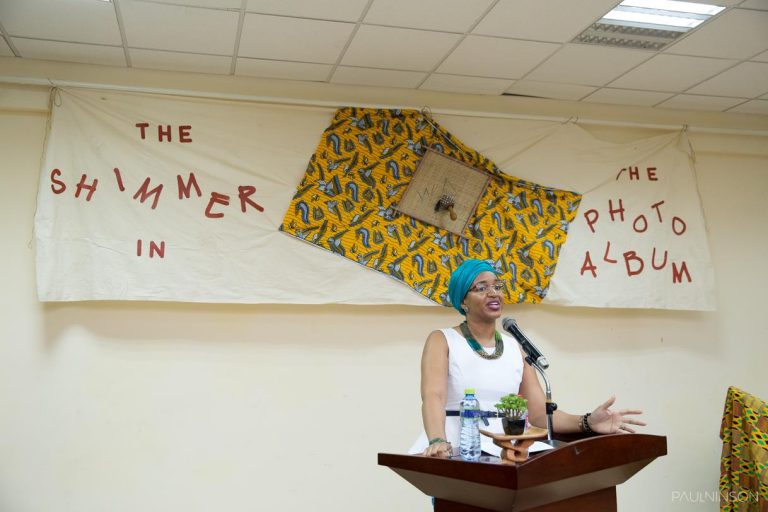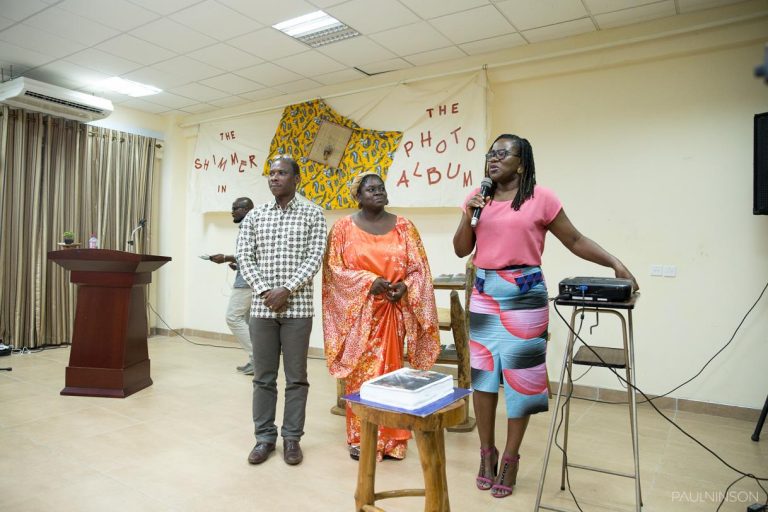The fall semester has just started and that means it is like a new year for us academics. I have decided to go back to a paper calendar to make sure I do not overbook myself (when the space for a day is filled, my day is filled!). However, September was slightly overfilled anyways. But with some great events:
#NAD2018
Nordic Africa Days is a biannual conference organized by the Nordic Africa Institute. It is my “home conference” as a Swedish researched in Ghana and I have been attending since 2007!
This year, I organized a panel session with my colleague Michael Boampong called Conceptualizing Youth Mobilities and presented a paper within it.
#NEFScienceWeek
Next Einstein forum contacted me about moderating a panel which proved to be very interesting where industry representative Ethel Cofie or Women in Tech/ Edel Consulting Ltd met education representative Dr. Patrick Arthur from University on Ghana on the gap between STEM education and industry. Some highlights from the conversations:
- Review primary education to make sure we educate producers (eg. programmers), not consumers (eg. users of Word and PowerPoint).
- Make sure the higher education sector is wired for innovation by having incentive structures not just for peer-reviewed journal articles, but also for innovation/entrepreneurial initiative.
-
Very meaningful panel on science and education at Ghana STEM Conference. Great points by Dr @PAKARErst & @ethelcofie. The moderator is Dr @kajsaha pic.twitter.com/QWh5WAskvq
— NEF Africa Science Week – Ghana (@aswghana) September 28, 2018
#NEFScienceWeek
#FIFAfrica18
Forum for Internet Freedom in Africa organized by CIPESA and MFWA is something I luckily happened to come across as I was doing research for a new project I have initiated on Internet Freedom and Internet Shutdowns. It turned out the experts were on their way to Accra! The same week as finding out about this conference, I was able to join its last afternoon. It was a fantastic networking opportunity and the sessions I visited launched reports like The State of Internet Freedom in Africa and the Internet Universality Indicators, discussed how to measure Internet Shutdowns and how to advocate effectively for them not happening.
On Friday, I stopped by #FIFAfrica18 to learn more about Internet Freedom, see here the photo evidence (it is me and my short hair in front of the panel). It was a great panel, glad I sat in front! https://t.co/Vhip5lGaCZ
— Kajsa Hallberg Adu (@kajsaha) October 1, 2018
Another fantastic session I was able to learn in at #FIFAfrica18. Find the indicators mentioned here: https://t.co/nLBDhBlbwz https://t.co/SFV3efODoz
— Kajsa Hallberg Adu (@kajsaha) October 1, 2018
#MIASA
The Merian Institute for Advanced Studies in Africa funded by the German government had its inaugural conference at University of Ghana – I only made it to the very final and concluding session. The institute has planned for some interdisciplinary and interesting studies investigating big issues, from the concluding presentation, however, I worry that the research groups and methods seemed to already have been decided in Germany and that could mean the so-called collaboration in actual fact is only a satellite department of a German institution coming to Ghana. I hope I am wrong…
My paper calendar…
…is that beautiful blue book with gold details. On the inside it gives me a full week’s overview and just enough space to list my meetings and main to-dos for each day. I realize it is less stressful to have a finite space for planning my time.
How do you make sure your days and weeks are not overfilled, but allow for quality work and breathing pauses?

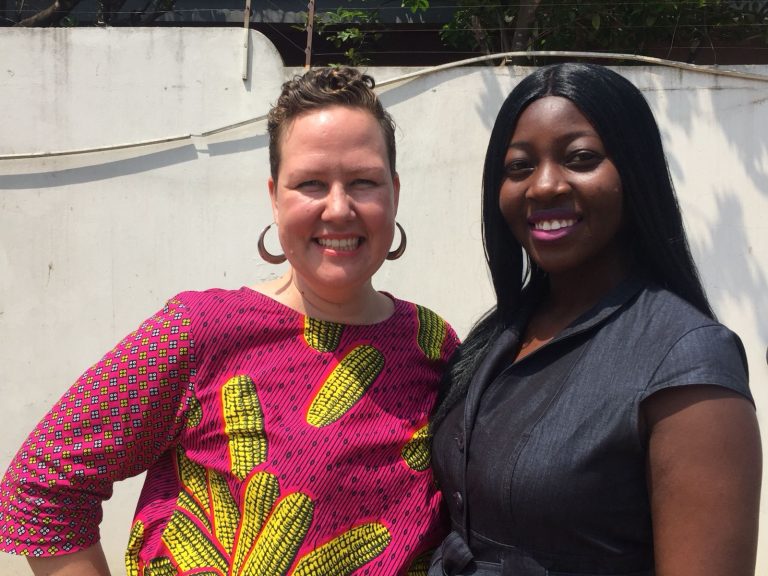
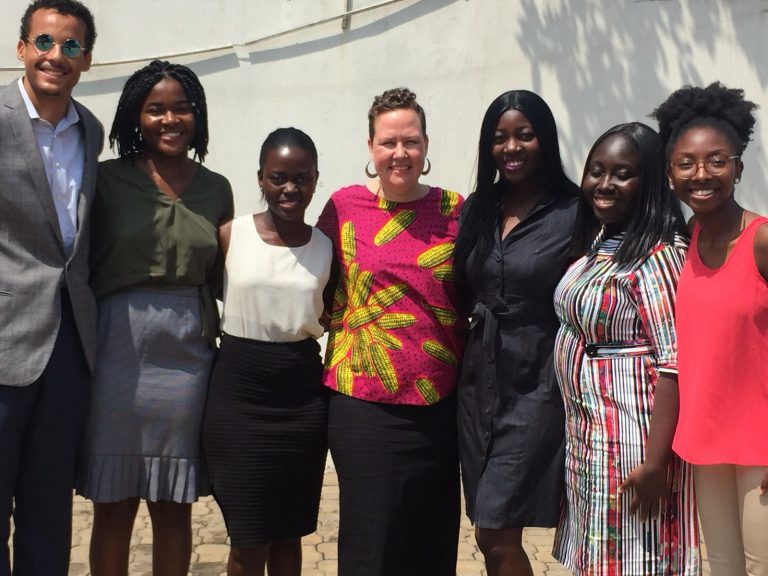
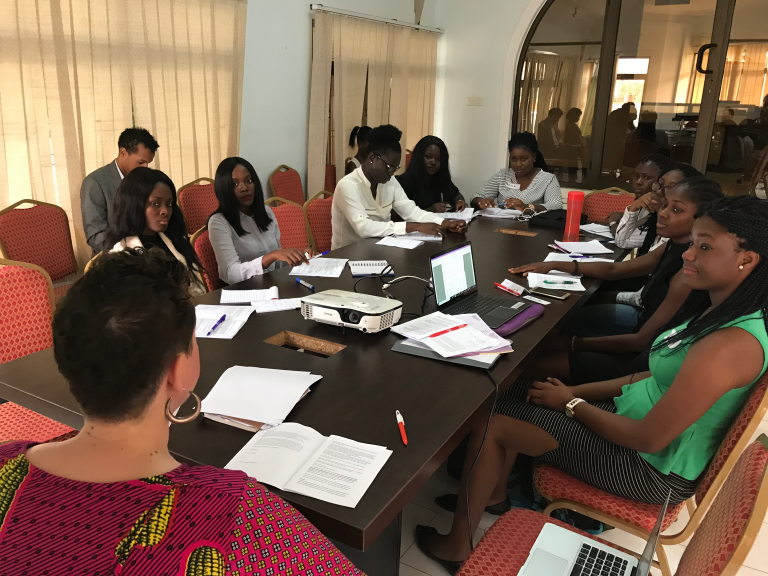
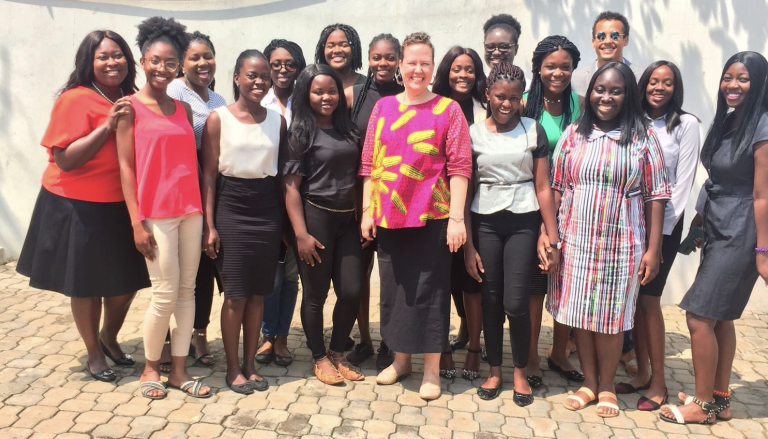
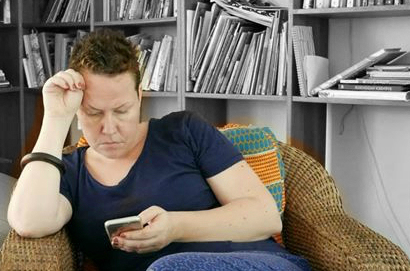
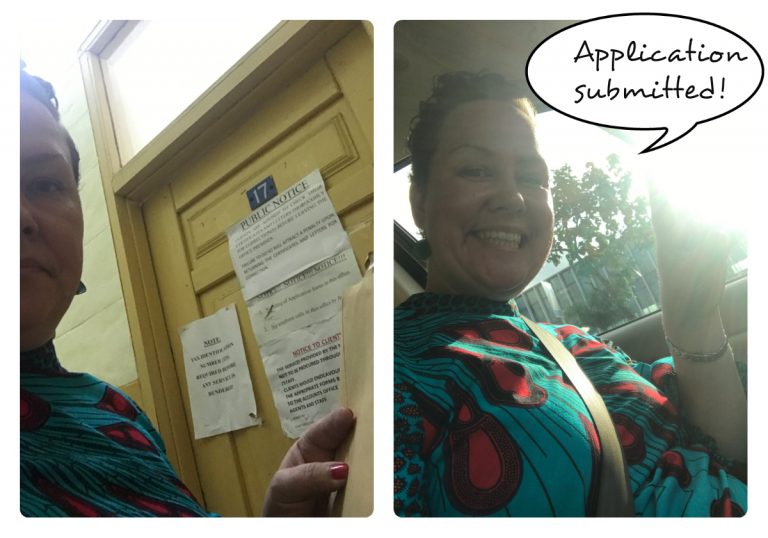
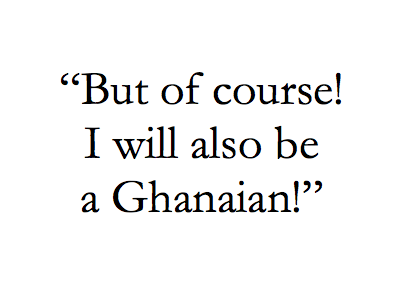
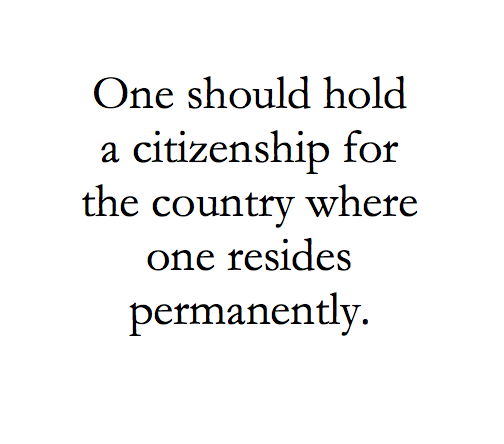
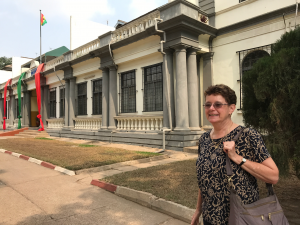
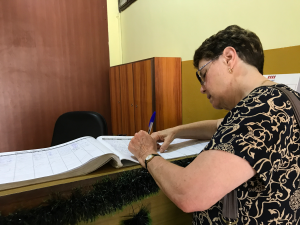
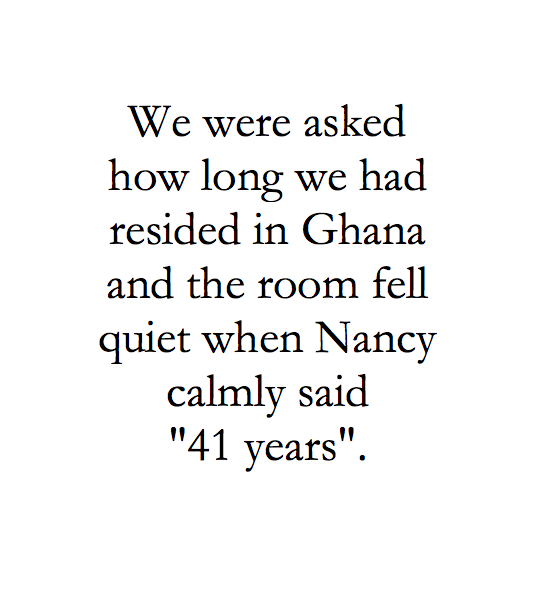
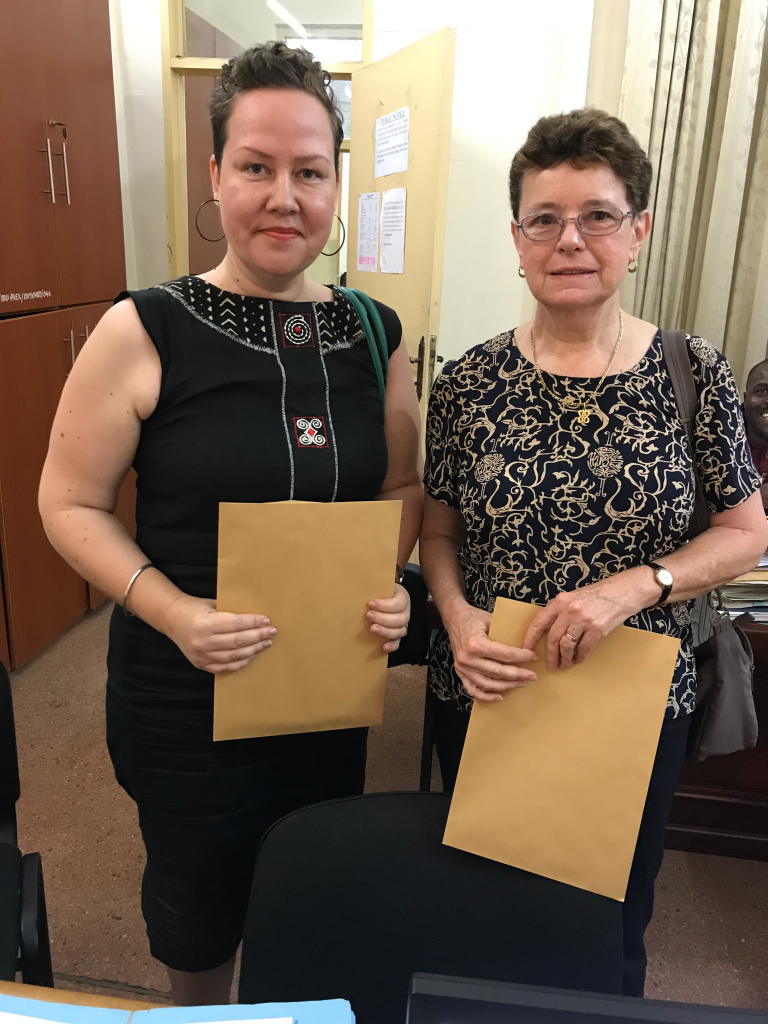
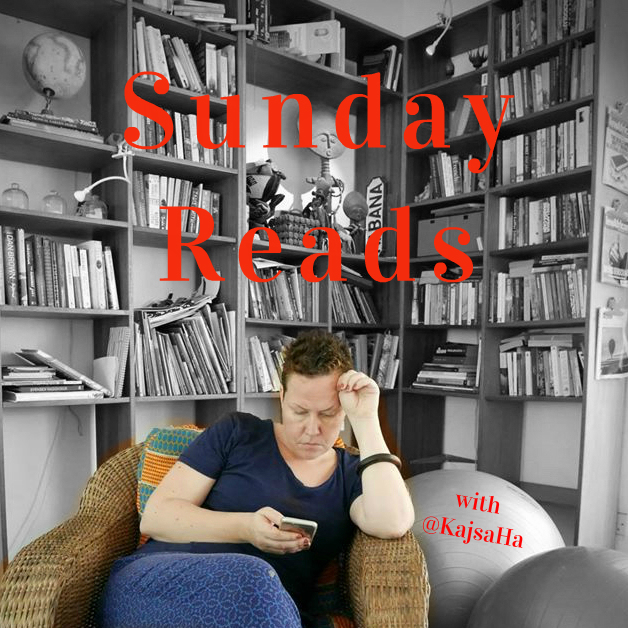 This week I read:
This week I read: